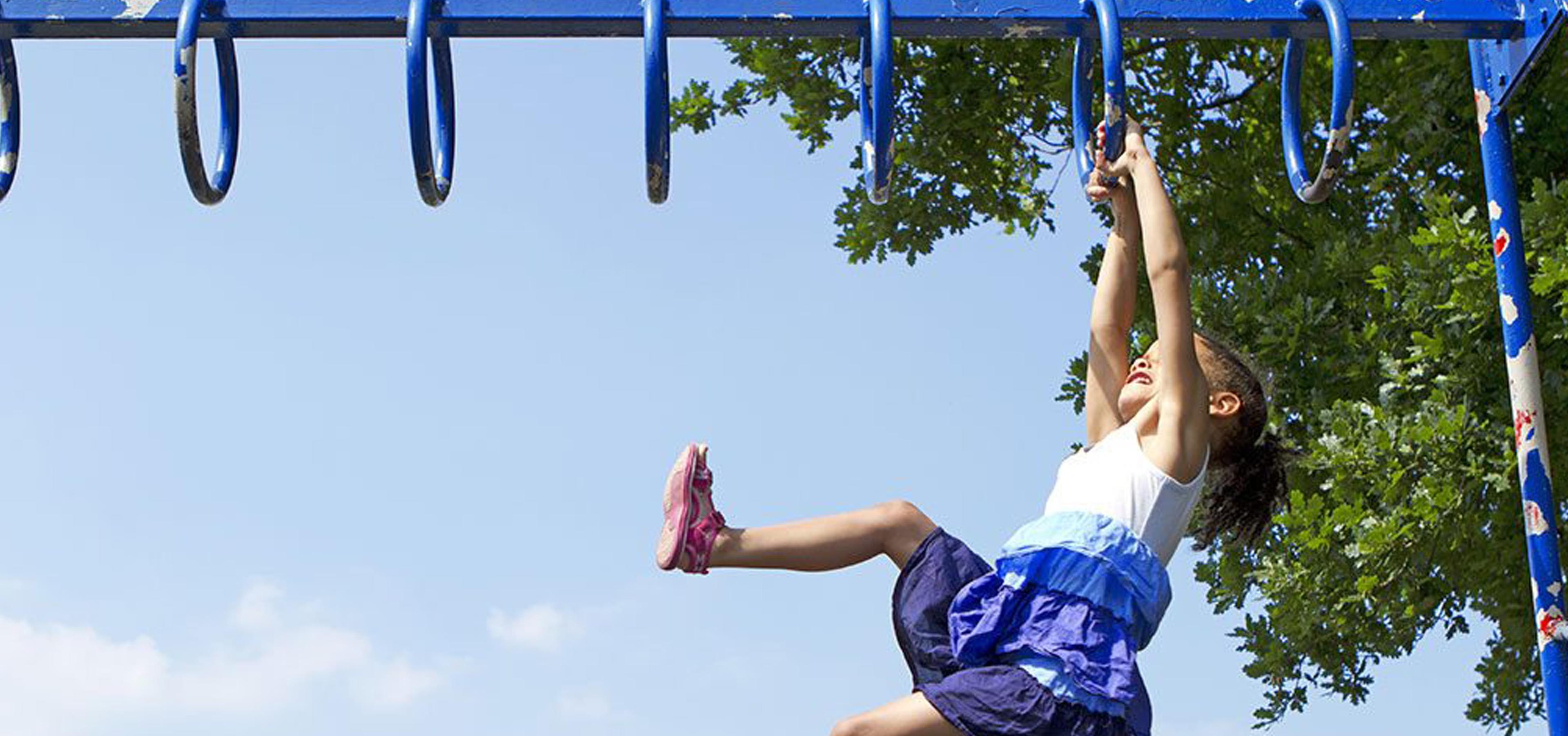In today's fast-paced world, children are constantly on the move. From school to extracurricular activities and homework and screen time, their schedules can be packed with little time for relaxation. However, when children are given downtime without adults, we allow them to think for themselves, be creative, imagine, examine, explore, take risks, and problem solve.
What is Downtime?
Downtime, also known as unstructured playtime or free play, refers to any time that is not directed by an adult or structured activity. During downtime, children have the opportunity to engage in spontaneous play and explore their surroundings without the pressure of adult expectations. This type of play is critical to a child's social, emotional, and cognitive development.

Advantages of downtime:
- Build confidence and independence: When children are given downtime without adult direction, they have the freedom to make decisions and solve problems on their own. This helps to build their confidence and independence, which are important life skills.
- Creativity: Downtime allows children to be creative and use their imaginations. They can create their own games, explore their surroundings, and come up with new ideas.
- Cognitive and Motor skills development : During downtime, children also have the opportunity to examine and explore their surroundings in a way that is not possible during structured activities. They can engage in sensory play, such as touching and feeling different textures, or engage in imaginative play, such as pretending to be a superhero or a princess. This type of play helps to develop their cognitive and motor skills, as well as their ability to think critically.
- Academic and social skill development: Downtime allows children to take risks and try new things. They can experiment with different ways of doing things and learn from their mistakes. This type of learning is essential for their growth and development, both academically and socially.
Overall, downtime is a crucial component of a child's development. As adults, we need to recognize the value of downtime and provide children with the space and time to engage in spontaneous play. By doing so, we are helping them to become well-rounded individuals who are capable of navigating the challenges of life.

